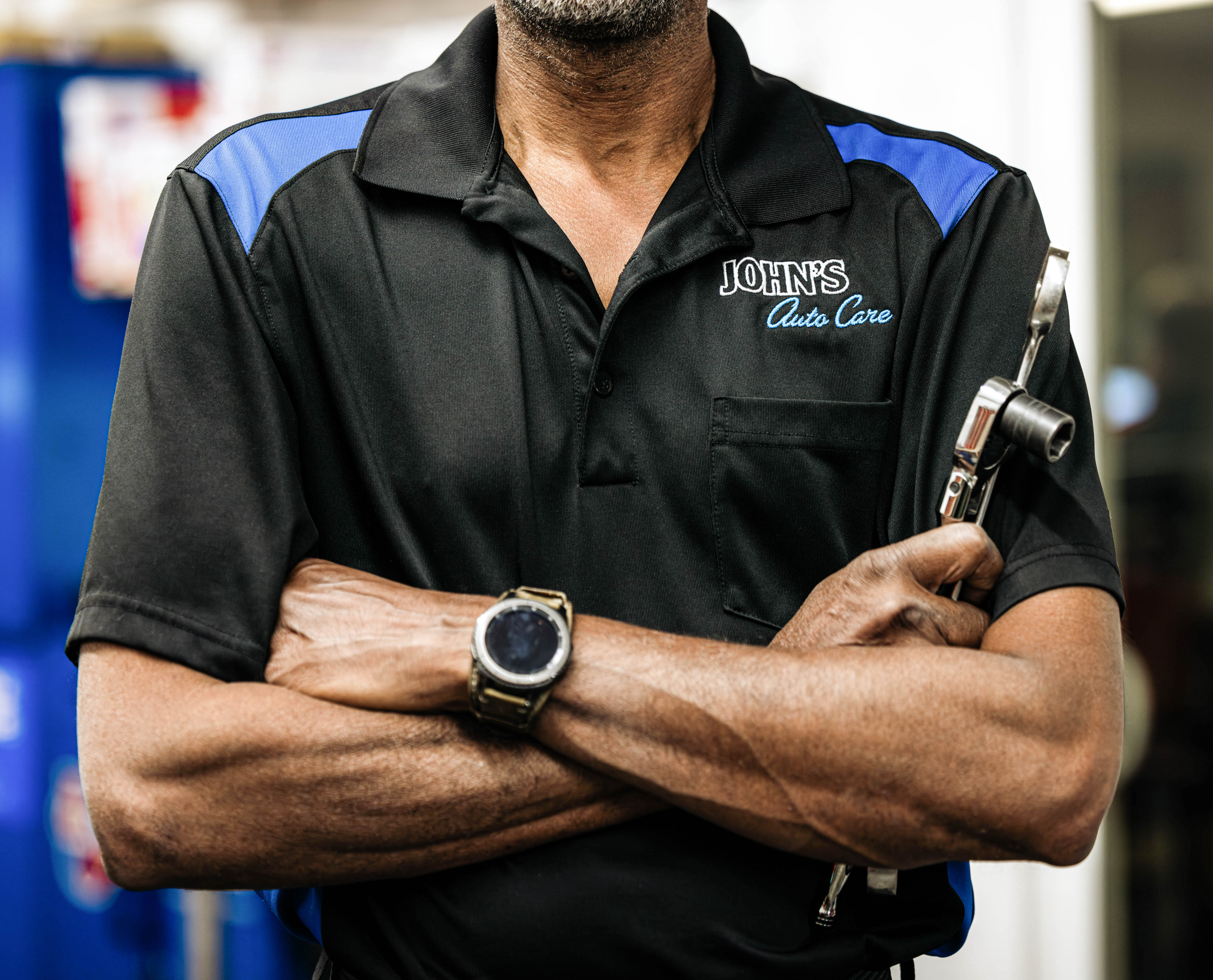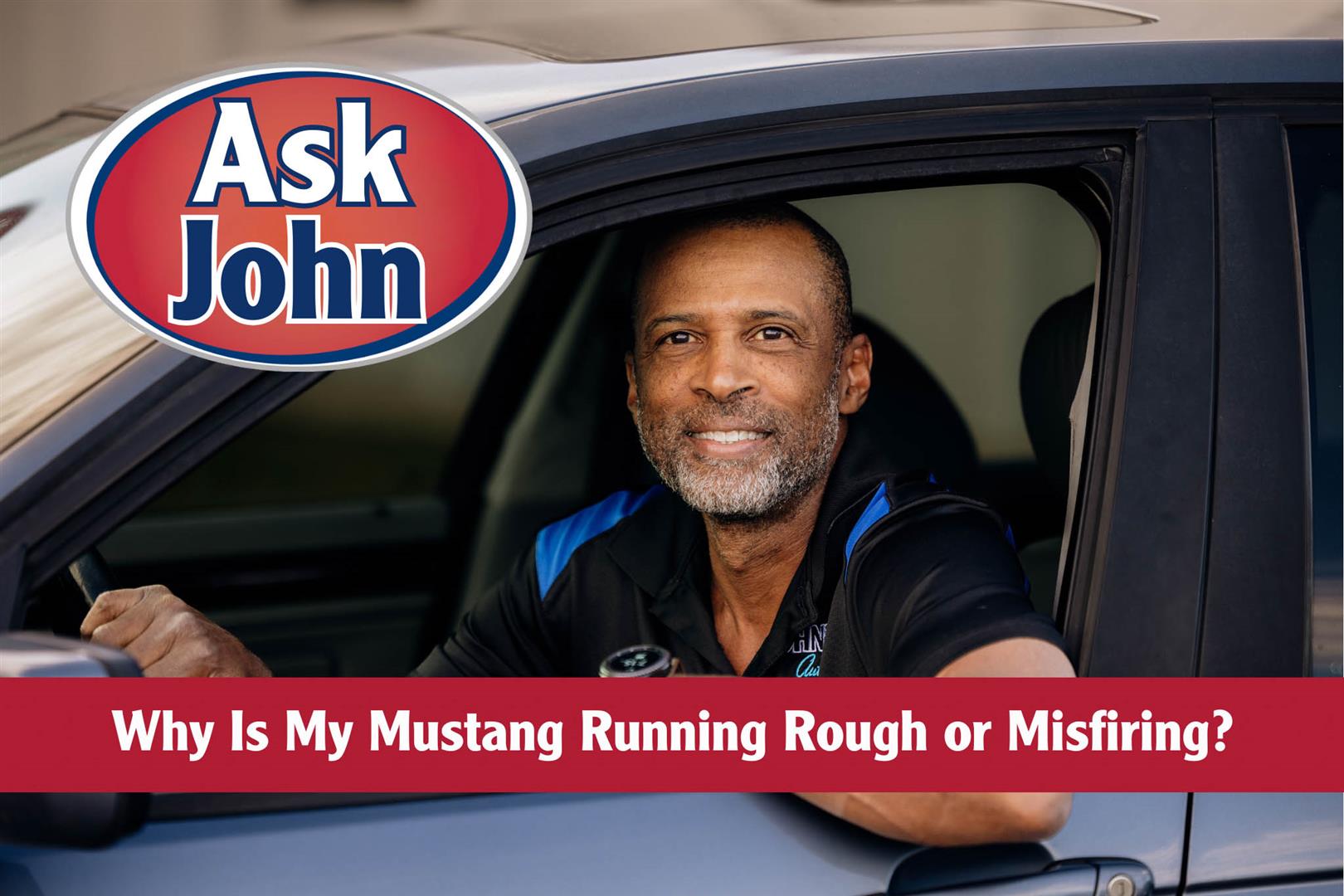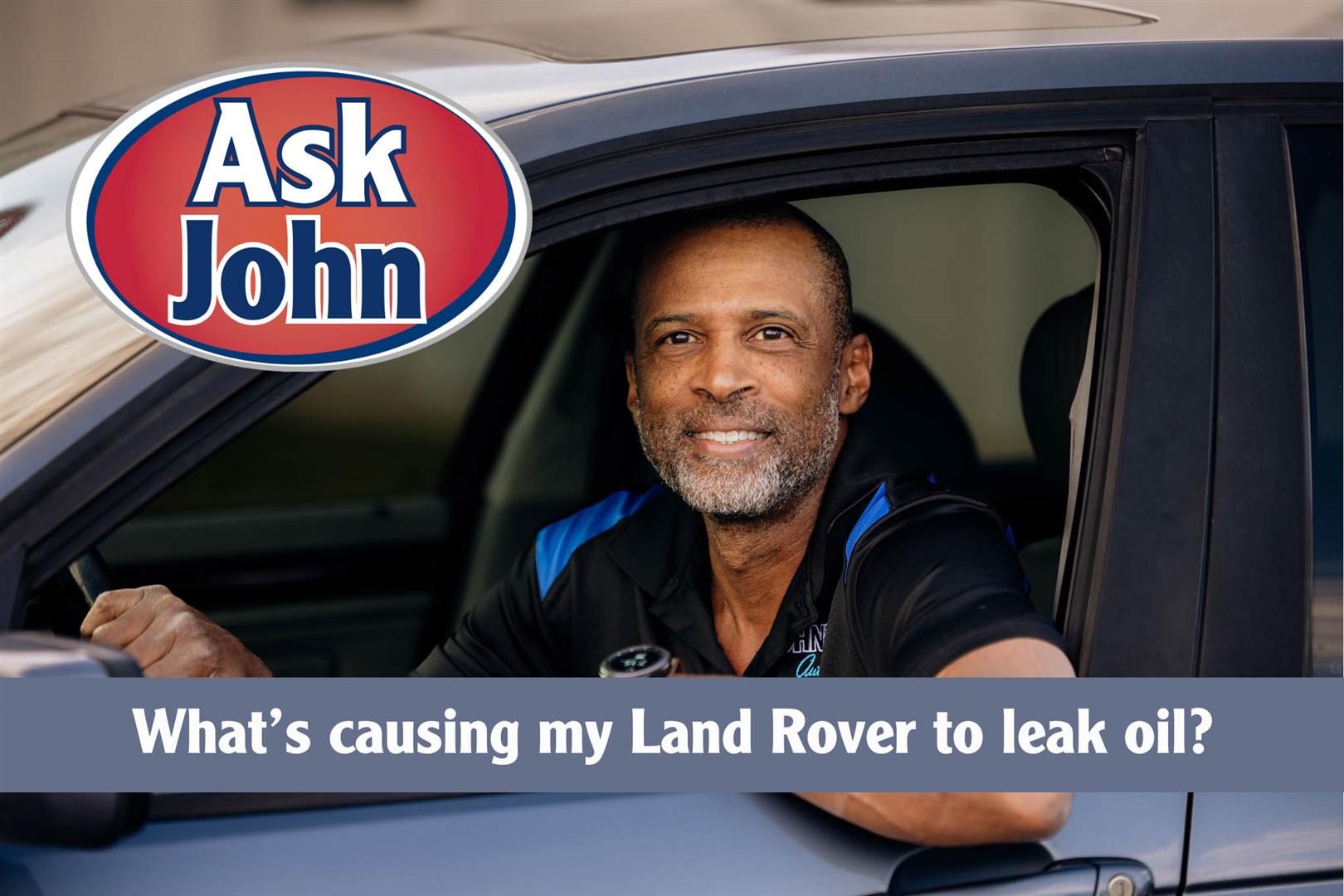Posted on 7/2/2025

Alternator Repair and Services in Boulder County Welcome to John’s Auto Care - Your Trusted Auto Repair Shop and Alternator & Charging System Experts Is your vehicle experiencing electrical issues? Do you find yourself with a dead battery more often than not? It might be time to have your alternator checked! At John’s Auto Care we specialize in accurate diagnostics and professional repairs you can trust. Our team is dedicated to ensuring the safety of your vehicle, and that means making sure it reliably starts each and every time you need it to. Signs Your Charging System Needs Attention: Dimming or Flickering Lights: If your headlights or interior lights dim unexpectedly, it could indicate alternator trouble. Battery Warning Light: A dashboard battery light often signals an issue with the charging system, including the alternator. Strange Noises: Squealing or grinding noises under the hood may point to a failing alternator belt or internal bearing we ... read more
Posted on 4/2/2025

There’s nothing like the sound of a smooth-running Mustang—until something starts to feel off. If your Mustang is idling rough, shaking while driving, or misfiring when you hit the gas, there’s definitely something going on under the hood. So, what causes a Mustang to run rough or misfire? Common Reasons Your Mustang Might Be Struggling Here are a few usual suspects: Worn Spark Plugs or Ignition Coils These are some of the most common causes of misfires. If the spark isn’t strong enough or not timed right, your engine won’t run smoothly. Vacuum Leaks A cracked or loose hose can throw off the air/fuel mixture and cause rough idling or hesitation. Dirty Fuel Injectors Over time, fuel injectors can get clogged up, which leads to uneven fuel delivery—and that can cause your engine to ... read more
Posted on 3/31/2025

Winter in Colorado is no joke—and your car feels it just as much as you do. Now that spring is here, it's time to shake off the snow and salt and get your vehicle ready for warmer, (and often wetter) driving conditions. Here’s a quick checklist to help your car bounce back from winter: Tire Check – Cold weather can mess with your tire pressure and tread. Potholes from melting snow can also knock your alignment out of whack. Brake Inspection – Slush, salt, and grime can wear down your brake pads. If your brakes feel spongy or make noise, it's time to get them checked Suspension & Steering – If your car’s been feeling bumpy or pulling to one side, you might have some winter damage to your suspension. Fluid Top-Offs – Windshield washe ... read more
Posted on 2/26/2025

When it comes to vehicle maintenance, manufacturers often provide two schedules: one for "normal" driving conditions and one for "severe" driving conditions. But how do you know which one applies to you? The answer might surprise you—especially if you’re driving in Colorado. What Are “Normal” Driving Conditions? "Normal" driving conditions are defined as the kind of driving that puts minimal stress on your vehicle. Examples include: Consistent highway driving at moderate speeds. Light loads (no towing or heavy cargo). Moderate temperatures (not too hot or cold). Minimal idling or stop-and-go traffic. These conditions are what manufacturers use as a baseline for their longest-recommended service intervals. For instance, oil changes under normal driving might be recommended every 7,500 miles or more, depending on your vehicle and oil type. What Are “Severe” Driving Conditions? " ... read more
Posted on 2/19/2025

Oil leaks can be frustrating and concerning for any vehicle owner, and Land Rovers are no exception. If you’ve noticed spots on your driveway or a burning oil smell, it’s time to get to the bottom of the issue. Here’s a breakdown of what might be causing your Land Rover to leak oil and what you can do about it. Common Causes of Oil Leaks in Land RoversWorn Out Valve Cover Gasket The valve cover gasket seals the top of the engine and prevents oil from escaping. Over time, heat and age can cause it to deteriorate, leading to leaks. Oil Pan Damage Your Land Rover’s oil pan is located at the bottom of the engine and is vulnerable to damage from road debris or rough off-road terrain. Cracks or loose bolts can cause oil to seep out. Rear Main Seal Issues The rear main seal is located between the engine and transmission. If this seal wears out, it can result in significant oil loss, often vis ... read more